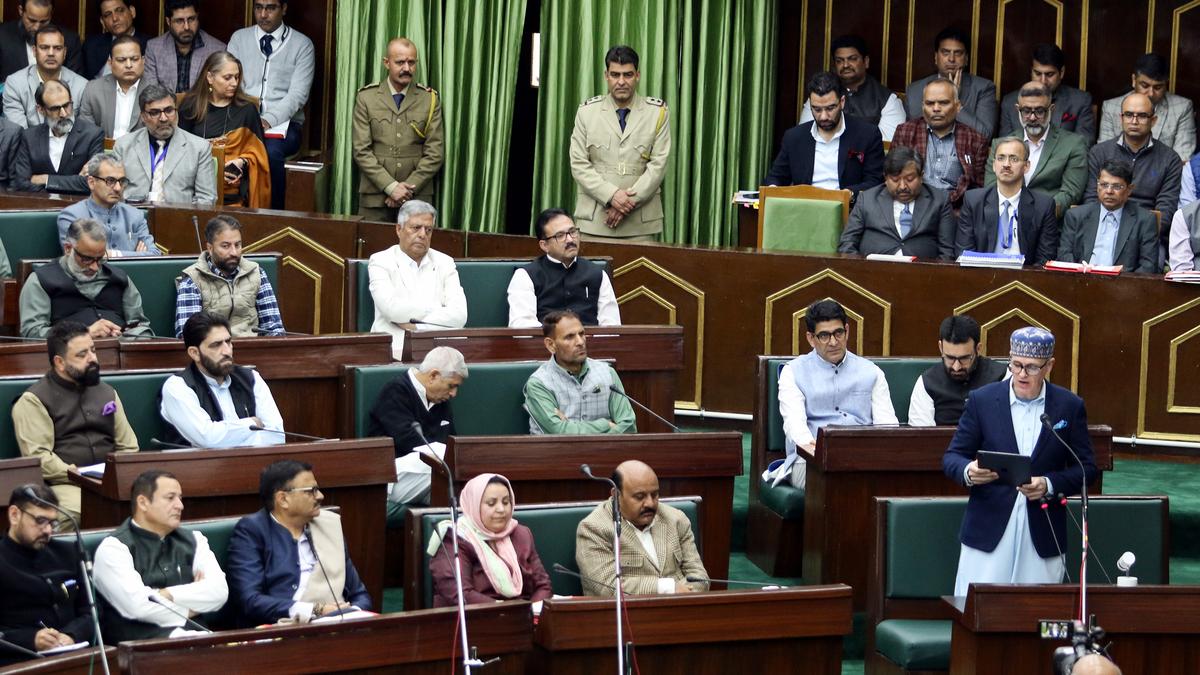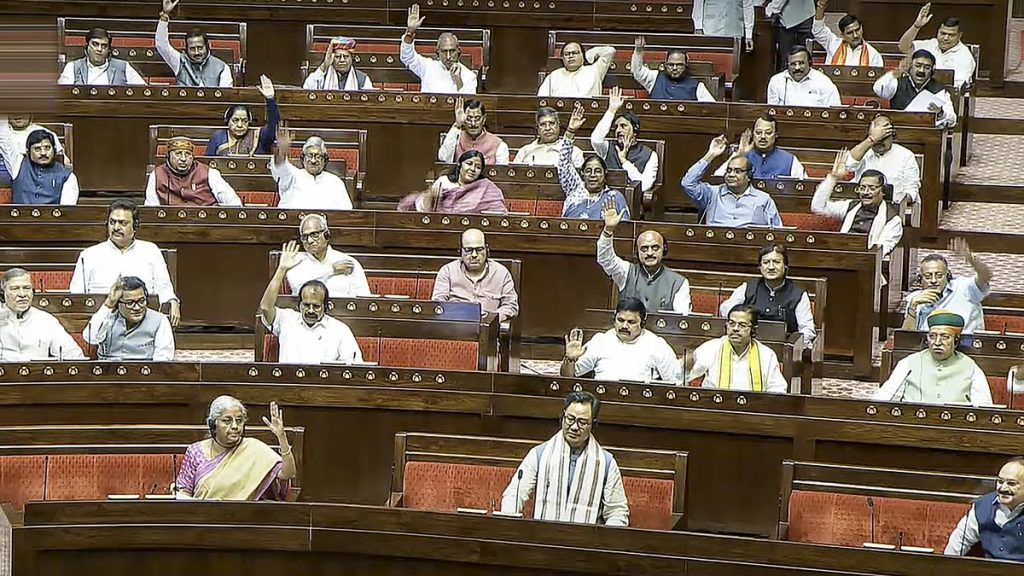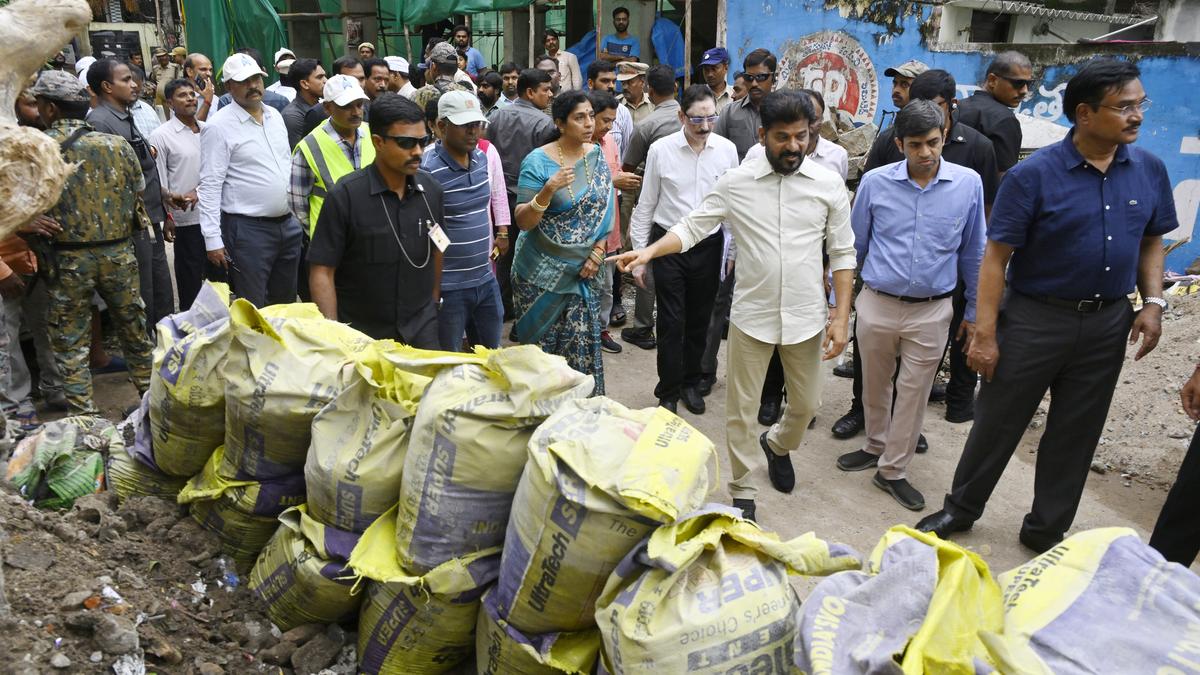Now Reading: J&K Assembly Nominations Under L-G’s Authority, Clarifies Home Ministry
-
01
J&K Assembly Nominations Under L-G’s Authority, Clarifies Home Ministry
J&K Assembly Nominations Under L-G’s Authority, Clarifies Home Ministry

Speedy Summary
- Legal Affidavit: The Union Ministry of Home Affairs (MHA) clarified too the Jammu and Kashmir High Court that the Union Territory’s Lieutenant-Governor can nominate five members to the Legislative Assembly without requiring government “aid and advice.”
- Nomination Powers: Under amendments made in 2023 to the J&K Reorganisation Act, 2019, three seats (two Kashmiri migrants and one PoJK community member) were added, with provisions for nominating two women if women are underrepresented.
- PIL Challenge: Congress leader Ravinder Kumar Sharma challenged thes changes through a Public Interest Litigation (PIL), questioning their constitutionality and alleging potential impact on legislative balance.
- Assembly Seat Increase: The amendment raised the total seats from 114 to 119; however, 24 seats remain vacant for Pakistan Occupied Jammu & Kashmir areas.
- Case Updates: In response to legal queries from October 2024 regarding whether nomination provisions violate constitutional principles, MHA argued these powers align with existing legislative norms in Union Territories like Puducherry. Hearing is scheduled for August 14.
- Election Context: Elections for J&K’s Assembly were held in September-October of 2024; results declared on October 8 showed a National Conference-Congress alliance victory.
Indian Opinion Analysis
The controversy surrounding nominations by the Lieutenant-Governor highlights ongoing legal debates on balancing local governance autonomy with federal oversight. While MHA asserts that these recruitment processes are statutory functions self-reliant of elected governments’ aid or advice-consistent with practices in other Union Territories-the challenge raises valid concerns about maintaining fair representation and constitutional consistency within legislatures.
Legally speaking, any changes impacting decision-making dynamics in representative governance must be carefully examined against India’s constitutional framework, particularly as they might alter power structures considerably by allowing nominated members to influence legislative majority formation. This case could set an important precedent affecting not only J&K but other regions governed as Union Territories.






















